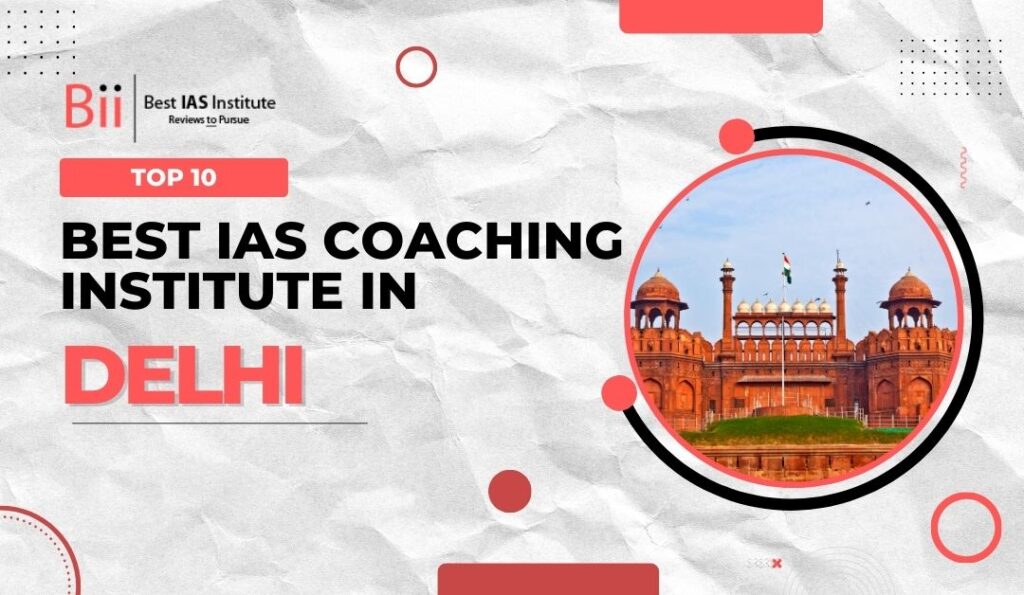Preparing for the Indian Administrative Service (IAS) examination is no small feat. With lakhs of aspirants vying for a limited number of seats, avoiding mistakes during your preparation is crucial. Here’s a guide to common pitfalls to watch out for during IAS preparation and how to steer clear of them for better results.
1. Lack of a Clear Plan
One of the most common mistakes aspirants make is starting their preparation without a proper plan. The UPSC syllabus is vast, and without a structured approach, it’s easy to feel overwhelmed.
How to avoid:
- Draft a detailed study plan with daily, weekly, and monthly goals.
- Prioritize subjects and topics based on their weightage.
- Regularly evaluate your progress.
2. Neglecting the Syllabus
Many candidates jump into preparation without thoroughly understanding the UPSC syllabus and exam pattern. This can lead to wasted effort on irrelevant topics.
How to avoid:
- Download and print the UPSC syllabus.
- Use it as a checklist to ensure comprehensive coverage.
- Align your resources and study materials with the syllabus.
3. Over-Reliance on Coaching
While coaching can provide guidance, relying solely on it without self-study is a critical mistake. IAS preparation demands consistent effort beyond classroom teaching.
How to avoid:
- Treat coaching as a supplement, not a substitute.
- Dedicate ample time to self-study and revision.
- Practice answer writing and mock tests independently.
4. Inadequate Current Affairs Preparation
Ignoring current affairs or relying on outdated sources can hinder your performance in both Prelims and Mains.
How to avoid:
- Read newspapers like The Hindu or Indian Express daily.
- Make concise notes of key issues and link them with the syllabus.
- Follow monthly current affairs compilations and revise regularly.
5. Procrastination in Answer Writing
Many aspirants delay practicing answer writing until the last minute, which can negatively impact their Mains performance.
How to avoid:
- Start writing answers early in your preparation.
- Practice previous years’ UPSC questions.
- Join a test series to receive feedback and improve.
6. Ignoring Revision
With a vast syllabus, it’s easy to forget topics you’ve already studied. Skipping revision is a recipe for disaster.
How to avoid:
- Allocate time for regular revision in your study plan.
- Use mind maps, summaries, and flashcards for quick reviews.
- Revise key topics multiple times before the exam.
7. Not Practicing Mock Tests
Skipping mock tests or not analyzing them thoroughly can result in poor exam performance.
How to avoid:
- Attempt mock tests regularly under timed conditions.
- Analyze your mistakes and work on weak areas.
- Familiarize yourself with the exam’s pressure and format.
8. Poor Time Management
Many aspirants struggle with balancing different subjects, resulting in incomplete preparation.
How to avoid:
- Allocate time wisely across Prelims, Mains, and Interview preparation.
- Avoid spending excessive time on one subject.
- Follow the 80/20 rule: focus 80% of your time on high-priority topics.
9. Neglecting Health and Well-Being
Long hours of study can take a toll on your physical and mental health. Ignoring self-care often leads to burnout.
How to avoid:
- Maintain a healthy diet and exercise regularly.
- Take short breaks during study sessions.
- Practice meditation or mindfulness to reduce stress.
10. Giving Up Too Soon
The journey to cracking the IAS exam is long and challenging. Many aspirants lose motivation and quit midway.
How to avoid:
- Set realistic goals and celebrate small achievements.
- Surround yourself with a supportive network of mentors and peers.
- Remember your long-term aspirations and stay consistent.
Conclusion
Avoiding these common mistakes can significantly enhance your chances of success in the IAS exam. Stay focused, disciplined, and proactive throughout your preparation journey. Check out Best IAS Institute, your trusted partner in IAS preparation for expert guidance and comprehensive resources.
Maintaining effective notes can also be an effective strategy. You can learn how to make effective notes for UPSC.



